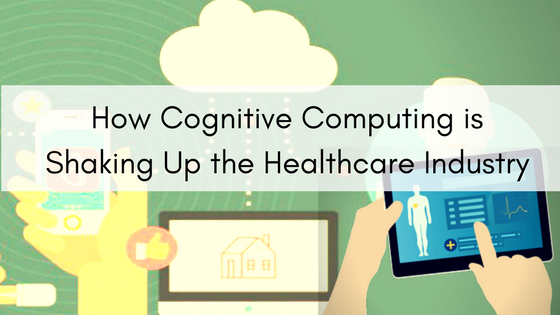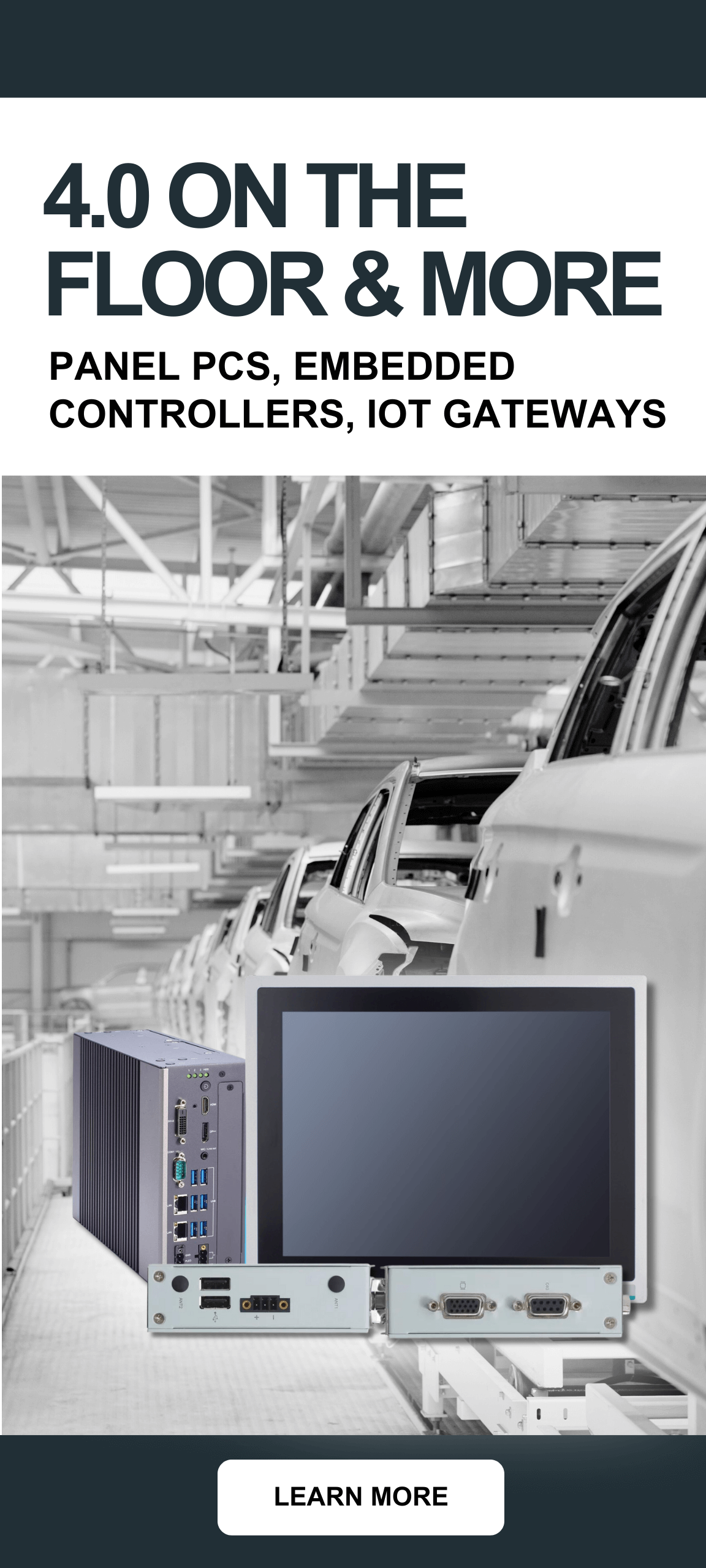
How Cognitive Computing is Shaking Up the Healthcare Industry
Blog
 The core concept of cognitive computing is to use computer modeling to process and simulate human thought, conversation and reasoning. That alone is exciting enough. But the growing combination of interactive computing, artificial intelligence, and cloud computing’s big data processing and storage capacity means several industries are set to be completely revolutionized by cognitive computing. Healthcare is one and its future looks amazing.
The core concept of cognitive computing is to use computer modeling to process and simulate human thought, conversation and reasoning. That alone is exciting enough. But the growing combination of interactive computing, artificial intelligence, and cloud computing’s big data processing and storage capacity means several industries are set to be completely revolutionized by cognitive computing. Healthcare is one and its future looks amazing.
Where Things Are At So Far
IBM and Microsoft have both built cognitive platforms for enterprise use – IBM Watson and Microsoft Cognitive Services.
The concept of cognitive computing in healthcare is that providers and patients alike can speak in normal language while devices/applications listen, understand, accumulate data, and even provide advice and answers. Watson can understand, and learn from, the language people use and the contexts in which they use that language. It can even grasp the emotions of the people talking and respond accordingly, all while analyzing and accessing data, even suggesting treatment options.
IBM has been developing Watson for use in healthcare for almost 20 years now. The focus has primarily been on helping healthcare professionals to deliver treatment. Most recently, IBM deployed Watson for assisting oncologists in cancer treatment.
Meanwhile, Microsoft has launched a consortium for the treatment of eye disease and vision impairment using cognitive computing. It’s a collaboration between institutions in the USA, India, Australia and Brazil that will assist hospitals to deliver improved eye care and facilitate early detection to prevent blindness.
Not far behind IBM and Microsoft, Google DeepMind has teamed up with the National Healthcare Service in the UK to detect early signs of eye disease and degenerative conditions. The goal of this cognitive system in the foreseeable future is to diagnose disease from just a digital scan.
Patient Oriented for Better Understanding
In addition to helping practitioners, cognitive computing in healthcare has huge potential to help patients understand and manage their conditions better – especially children – and work with them to formulate plans, even when they’re away from hospital care or a clinic. Soon it may be normal for some patients to be issued with cognitive healthcare computing applications that can monitor them at home (vital signs, blood pressure changes, stress levels, emotional state, and more) and even predict certain problems before they arise.
Physician Assistance
With cognitive computing, healthcare professionals can gain easy access to electronic records, quickly sorting through and finding specific patients’ records just by voice command. This should revolutionize searching mass records for conditions, trends, patterns, and so on. The most exciting part is the algorithms being developed for diagnosis, whereby a computer can assist a doctor in quickly detecting certain conditions.
Sectors of Healthcare Already Using Cognitive Computing
IBM has reported four areas where cognitive computing systems are being used now:
- Research. Cognitive modeling can harness the huge amount of data produced globally through healthcare professional-patient interaction and treatment to provide the basis for ongoing medical research.
- Medical application. IBM’s Watson has made ground-breaking progress in the treatment of cancer. IBM envisages extending this success to other fields of medicine, including pediatrics and obstetrics.
- Clinical operations. Cognitive computing models are being used to improve healthcare planning, optimize workflows and procedures, and save practice costs.
- User application. The Dartmouth-Hitchcock Medical Center in New Hampshire is using Microsoft’s cognitive service Azure to monitor patients at home. By accessing patient data, this system is able to predict medical conditions and take appropriate steps to prevent emergencies.
Cognitive computing is predicted to grow in healthcare at a rapid rate. This technology will free up a lot of time for medical professionals to allow them to prioritize better. Cognitive computing in healthcare is also set to provide a vast educational platform for patients, keeping them informed about their own conditions so they will be less stressed and in a better position to manage their health.
Now is the time for health organizations to be partnering with expert providers in the exploding market of AI, IoT and healthcare computing, so they can be at the cutting edge for their patients.
Creative Commons Attribution: Permission is granted to repost this article in its entirety with credit to New Era Electronics and a clickable link back to this page.




